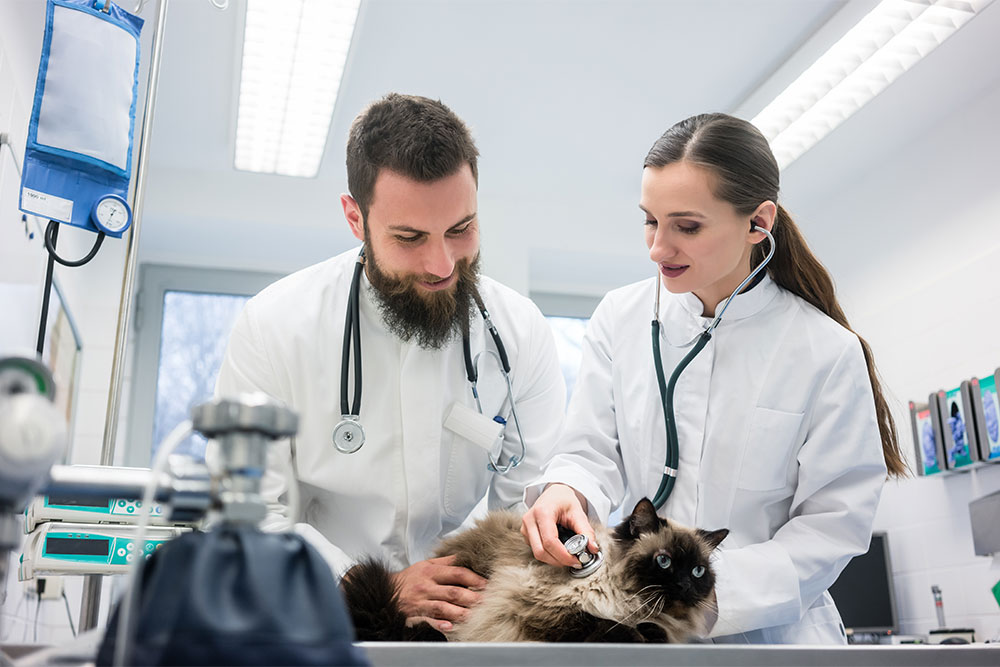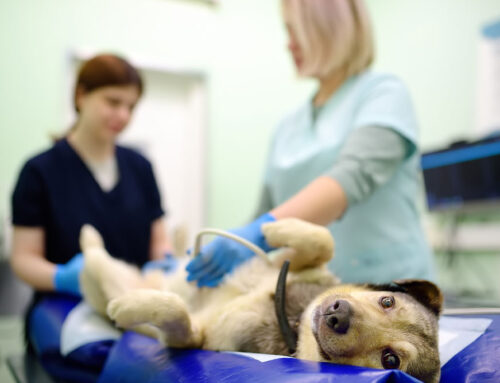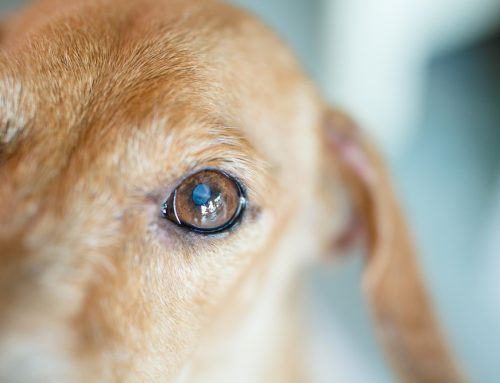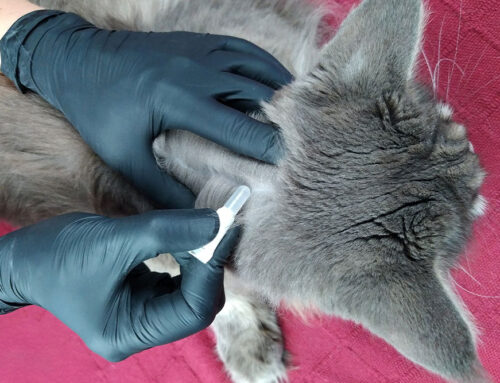Vomiting in cats is relatively common—but that doesn’t mean it should be ignored. While the occasional hairball or food-related upset may seem harmless, frequent or sudden vomiting can point to deeper health concerns. At Southern Crossing Animal Hospital, we help cat owners understand when vomiting is normal and when it’s a red flag.
Vomiting vs. Regurgitation: What’s the Difference?
It’s important to distinguish vomiting (an active process involving abdominal contractions) from regurgitation (a passive return of undigested food, often right after eating). Vomiting can signal irritation, inflammation, or more serious internal issues.
This guide from Preventive Vet can help you learn how to tell the difference.
You can also explore the Types of Cat Vomit to better understand what color, texture, or content might mean—from bile and foam to undigested food.
Common Causes of Vomiting in Cats
1. Dietary Upsets & Inappropriate Eating
Eating too fast, sudden diet changes, or getting into unsafe foods can all lead to vomiting. Common culprits include:
Rich or fatty foods
- Spoiled leftovers
- Table scraps or toxic substances
Using slow-feeder bowls and sticking to a consistent, high-quality diet can help. This guide to cat diarrhea causes also offers insights into food-related GI upset.
2. Hairballs
Frequent self-grooming—especially in long-haired cats—can lead to hairballs, which are a common cause of vomiting. Regular brushing and fiber-rich diets or hairball control products can help manage this.
3. Foreign Bodies
Cats are curious creatures, and sometimes they ingest items that can’t pass through the digestive tract. Vomiting, loss of appetite, or abdominal pain could signal a blockage.
Explore more on gastrointestinal foreign bodies in cats.
4. Parasites
Intestinal worms like roundworms or hookworms can cause vomiting and digestive upset. Regular fecal exams and deworming help prevent this.
5. Toxins
Household toxins—like lilies, string, human medications, and cleaning supplies—can all cause vomiting. If your cat vomits after exposure to something suspicious, call your vet immediately.
6. Underlying Medical Conditions
Chronic illnesses that may include vomiting as a symptom include:
- Kidney disease: Nausea due to toxin buildup in the bloodstream. Learn more about chronic kidney disease in cats.
- Hyperthyroidism: A common senior cat condition that speeds up metabolism. AAHA’s guidelines explain how it’s diagnosed and managed.
- Liver disease or hepatic lipidosis: Learn about hepatic lipidosis and gallbladder disease in cats.
- Inflammatory bowel disease (IBD): Chronic GI inflammation causes vomiting, diarrhea, and weight loss. Learn more here.
- Lymphoma: A form of cancer that may start in the GI tract. Cornell’s overview of feline lymphoma.
- Megacolon: Affects stool movement and causes vomiting from severe constipation. Here’s how to manage it.
When to See the Vet
You should seek veterinary care if your cat shows:
- Vomiting more than once in 24 hours
- Blood in vomit (red or dark like coffee grounds)
- Weakness, hiding, or lethargy
- Pain when touched or held
- Vomiting combined with diarrhea or weight loss
These signs may indicate a serious issue that needs immediate attention. In some cases, exploratory surgery may be required to locate blockages or rule out internal disease.

Diagnosis and Treatment
When you visit Southern Crossing Animal Hospital, we’ll begin with:
- Physical exam
- Bloodwork to check organ function
- Imaging (X-rays or ultrasound) to detect blockages, masses, or inflammation
- Fecal testing for parasites
Managing & Preventing Vomiting
Treatment Options
Treatment depends on the cause and may include:
- Anti-nausea medications
- Prescription diets
- Antibiotics or dewormers
- Fluid therapy for dehydration
- Long-term disease management plans
Prevention Strategies
- Feed a high-quality, consistent diet
- Groom regularly to reduce hairballs
- Use slow-feeders to reduce gulping
- Keep toxic plants and substances out of reach
- Schedule routine wellness exams to catch early warning signs
FAQs
Q: Is it normal for cats to vomit occasionally?
A: Occasional hairballs or stomach upset might not deserve a full workup, but vomiting more than once a week—or any sudden change—deserves veterinary evaluation.
Q: What if my cat vomits after eating?
A: It could be due to eating too fast, regurgitation, or a sensitivity to the food. Try smaller meals or switching to a slow-feeder bowl.
Q: Can vomiting be a sign of aging?
A: Yes. Senior cats are more prone to chronic conditions like kidney disease or hyperthyroidism. Here’s how to watch for age-related health changes.
Concerned About Your Cat’s Vomiting?
If your cat is vomiting more than usual—or showing other worrisome signs—don’t wait. Reach out to our team at Southern Crossing Animal Hospital. We’re here to provide expert, compassionate care that gets to the root of the issue.
Contact us today to schedule an appointment.








Leave A Comment